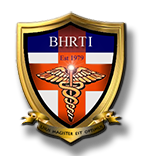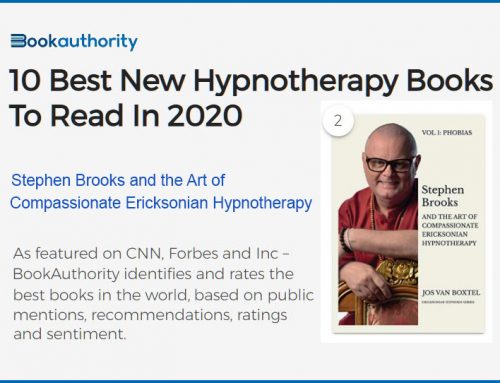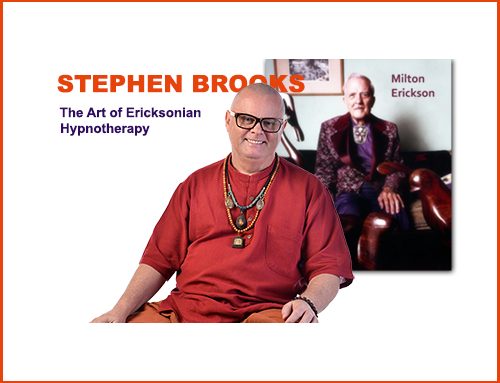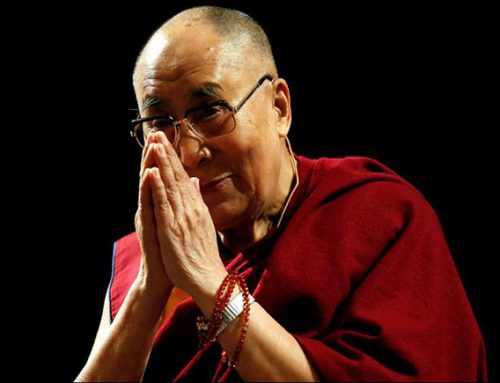The NHS Royal London Hospital for Integrated Medicine in the UK has been told by the Advertising Standards Authority to stop misleading patients by publishing unsubstantiated claims for acupuncture.
The hospital claimed that acupuncture could treat a wide range of ailments, from gynaecological and urinary disorders to fertility issues, stress, depression, back pain, asthma and high blood pressure.
The ASA consulted medical experts and found there was no robust evidence to back up the vast majority of the cures claimed, so ordered the hospital to withdraw its leaflets and to stop making claims for acupuncture that could not be substantiated by reliable independent evidence or research.
The RLHIM consequently submitted 43 papers as evidence to support some its claims, which were then checked by a medical expert in one of the most in-depth investigations run by the ASA.
The ASA decided that claims made for the treatment of hot flushes in menopausal women, period pain, overactive bladder syndrome and facial pain were not substantiated by evidence or research and so were misleading.
This move follows complaints by the Nightingale Connection, a UK organisation that aims to challenge claims made by the complementary and alternative health professions. They have already won victories over claims made for homeopathic and chiropractic treatment.
The Nightingale Collaboration says its aim is to challenge misleading claims made by practitioners on their websites, in adverts and in their promotional and sales materials and subject these to scrutiny by the appropriate regulatory bodies; striving to ensure that organisations representing complementary and alternative practitioners have robust codes of conduct for their members that protect the public and that these are rigorously enforced.
Although from the alternative practitioner’s point of view this may look a bit like a witch hunt, the BHRTI supports their aims in principle and sees it as a welcome move by an independent body to investigate treatment methods and theories that are based on out-dated therapeutic models, for which there is now no conclusive scientific evidence or up-to-date research. This is not a judgement by the Institute in any way about acupuncture, it is acknowledgement that we see a need for tighter controls over claims made by therapy practitioners in general.
Hypnosis has been the subject of much research over the years and has a strong standing within the health profession, but practitioners still need to operate from a position of integrity and be mindful that claims should be realistic, honest and backed by evidence or research.
Stephen Brooks
Ref: http://nightingale-collaboration.org/
Download the BHRTS Code of Ethics






